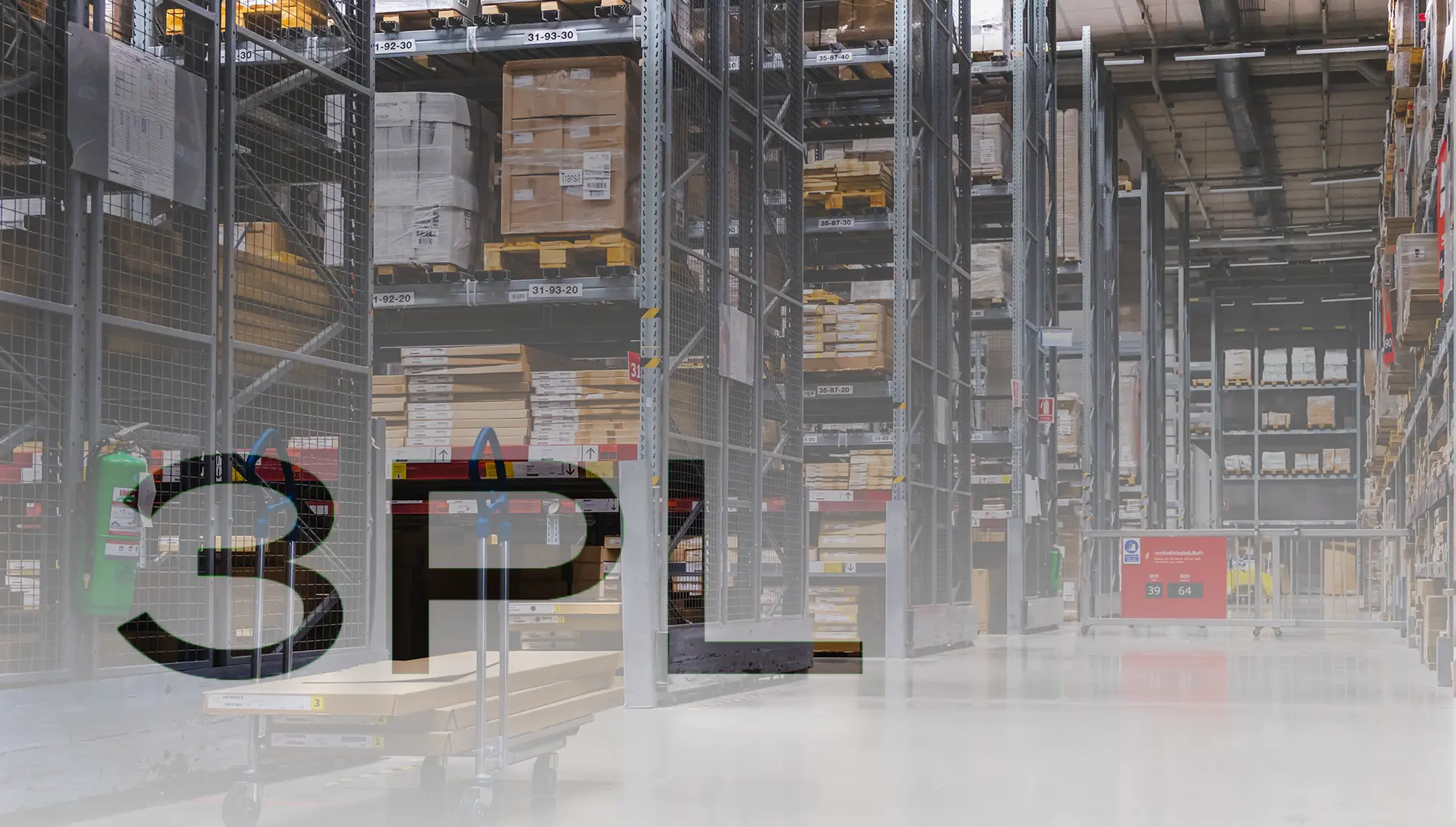
3PL stands for Third-Party Logistics and refers to the outsourcing of logistics and supply chain management processes to a third-party provider.
Overview
In today’ s globalized economy, businesses often need to transport goods and manage their supply chain across borders. This is where 3PL companies come into play. By outsourcing logistics and supply chain management to a third-party provider, businesses can focus on their core competencies while leaving the complexities of transportation and distribution to the experts.
Types of Services
The services offered by 3PL providers can vary depending on the specific needs of the business. Some common services include:
- Transportation: This includes the movement of goods from one location to another, whether it be by road, rail, air, or sea.
- Warehousing and distribution: 3PL providers may also offer warehousing and distribution services, including inventory management, order fulfillment, and cross-docking.
- Customs clearance: For EU-based companies importing or exporting goods from non-EU countries, 3PL providers can perform customs clearance and ensure compliance with EU regulations.
- Supply Chain Management: Some 3PL providers offer end-to-end supply chain management services, including sourcing, procurement, and inventory management.
Benefits of 3PL
There are several benefits to using 3PL services within the EU, including:
- Cost savings: By outsourcing logistics and supply chain management, businesses can save on the costs of owning and maintaining their own transportation and warehousing infrastructure.
- Expertise and efficiency: 3PL providers have specialized knowledge and experience in managing logistics and supply chain processes, leading to increased efficiency and improved outcomes.
- Flexibility and scalability: With 3PL services, businesses can easily scale up or down their logistics operations to meet changing demand without having to invest in additional resources.
- Focus on core competencies: By leaving logistics and supply chain management to the experts, businesses can focus on their core competencies and improve their overall performance.
Conclusion
In summary, 3PL refers to the use of third-party logistics services. By outsourcing logistics and supply chain management processes, businesses can benefit from cost savings, expertise, flexibility, and a focus on their core competencies.